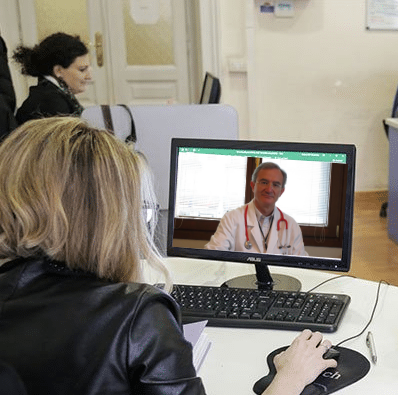Smart working, one step forward and two steps back
Dopo più due anni di regime semplificato, dal primo settembre si torna alla normalità, spostando le lancette a 30 mesi fa: per usufruire del lavoro agile bisogna sottoscrivere un accordo individuale con l’azienda. A meno
After more than two years of pandemic and simplified regime, all kinds of emergencies and extensions have ended, for smart working back to normal, i.e. in the manner envisaged before the outbreak of Covid 19: from 1 September it is once again mandatory to sign an individual agreement with the company, a procedure which certainly does not promote the measure but which protects the worker from the company's managerial power. At the same time, the regulatory protection for the frail and for the parents of children under the age of 14 has expired since 1 August, who must therefore return to the presence, unless there are second thoughts in the process of converting the Aiuti bis decree into parliament.
The general rules established by law 81 of 2017 apply to everyone, except for those who in the meantime have negotiated smart working with the intervention of union representatives. We are talking about two and a half million, three million workers, among those included in the national collective agreements which have regulated smart working during the renewal phase and those who can take advantage of it thanks to ad hoc company agreements, large groups as well as individual companies: from textiles to paper industries, from food to the post office, from Autostrade to Zurich up to Snam, Tim, Furla, just to name a few.
“In the last two years we have had a significant boost to smart working through the action of collective bargaining – explains Nicola Marongiu, of the national CGIL -: over 250 company agreements and 25 collective labor agreements in the private and public sector have regulated it. Even the latter, electricity, energy, oil, credit, collection, central functions, local authorities. All this suggests that it will not be a completely abandoned method but will be used in the context of companies and sectors that have equipped themselves with contractual instruments”.
For all others, the previous rules remain in force. Spaces are narrowing, the number of profiles admitted is reduced, and the bureaucratic steps become more complicated. Instead, it remains simplified regime of communications to the Ministry of Labour: le aziende non dovranno trasmettere le singole intese una per una, ma solo l’elenco dei dipendenti che hanno firmato l’accordo. Le intese devono essere scritte e regolare i tempi di riposo, oltre alle misure per assicurare la disconnessione, possono recepire le norme di un regolamento aziendale unilaterale o di un accordo tra impresa e sindacato.
And that is: alternation between face-to-face and remote work, with a previously identified number of days in the month or year, the possibility of carrying out remote activities, such as meetings or training, even for those who cannot resort to smart phones due to the services they perform, definition of the operability bands, the famous speech the right to disconnect, the issue of equipment and access to benefits such as meal vouchers.
“The return to individual agreement and voluntariness for access to that type of service is essential, because many companies are not structured with suitable organizational models – continues Marongiu -. The other aspect to consider is also the type of businesses that we have in our reality, small and medium-sized. To guarantee smart working, investments are also needed of an organizational nature which, however, many companies have not made. Before the emergency, this tool was used very little, then there was the boom due to the emergency measures, to now return to a normal phase, in which a portion of companies will continue to operate with the use of smart working".
Based on what emerged from the third edition of the survey "Diary of the day and activities in the time of the coronavirus", more than one in two workers report them: internet connection problems and concentration difficulties were reported by more than one out of four, while a slightly lower percentage complained of lack of technological equipment, adequate space at home and the overlap between work and personal and family activities.
“As a union we have pressed for bargaining to be the main tool for regulating smart working – concludes Scacchetti -. Here we are not just talking about remote working, but about a change in organizational models, more centered on work for goals, of a different way of relating between the worker and the company, more prone to participation, of a real opportunity because it allows us to think about many aspects, including environmental and social sustainability. But to implement them, you have to make investments often of a technological nature, companies must adopt new systems. All of this can be done through bargaining and not with a standard. If the negotiation will be able to expand, even the legislative dictation will be able to adapt”.
Related news: Smart working: here's what changes from September 1st
Notes: To date, smart working in Italy, both for the public and private sectors, is governed by the Law 22 May 2017, n. 81 art. 18 And art. 19
